Honda Prologue details, Kia EV9 price, Ford LFP pause, EVs adopting Tesla NACS: The Week in Reverse

Which automaker accelerated efforts to go all-electric in Europe and the U.K.?
Which EV’s tech will cost $2,500 a year so drivers can take eyes off the road and hands off the wheel—below 40 mph?
This is our look back at the Week In Reverse—right here at City Dwellers—for the week ending September 29, 2023.
In a first look at the 2024 Honda Prologue, City Dwellers sees it to be right on the money in terms of what it needs to be as both a step up from the CR-V Hybrid and a gateway model to Honda’s own upcoming dedicated EVs. The Prologue is set to be priced in the upper $40,000 range before any EV tax credit, so they’ll likely have no issue delivering as many as GM can build. And in preparation for the Prologue, along with the Acura ZDX, Honda has inked new deals with EVgo and Electrify America that will give EV drivers “single-app access” to charging with the stations on both networks. That will all be in addition to Honda’s pending Supercharger access starting in 2024 plus its own fast-charging network with six other automakers.
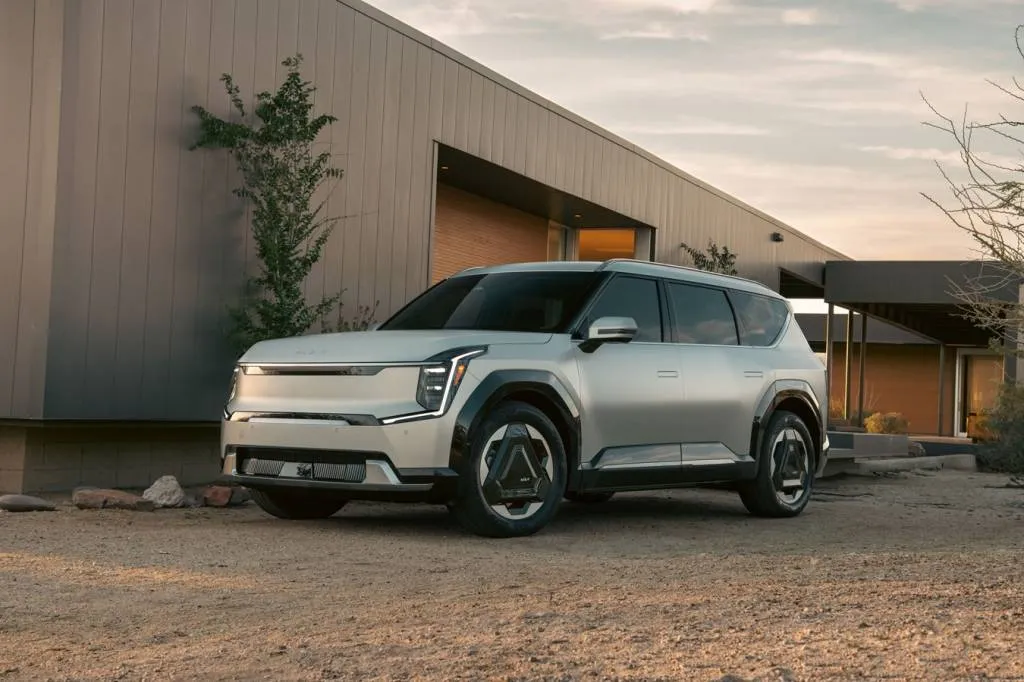
2024 Kia EV9
The 2024 Kia EV9 will start around $56,000, Kia confirmed on Wednesday. That’s for the EV9 Light, in the single-motor rear-wheel-drive configuration with the smaller 76.1-kwh battery pack. That should still be good for a 225-mile range, Kia estimates, and all EV9s come with three rows of seating. Deliveries will start late this year, with U.S. production starting in 2024, and City Dwellers recently offered up a first-drive review of the Kia EV9.
The 2024 Toyota Corolla Cross Hybrid gets a new Nightshade Edition this model year, and with no mechanical changes it’s likely to keep on with its enticing combination of all-wheel drive, an EPA combined 42 mpg, and a price tag starting under $30,000.
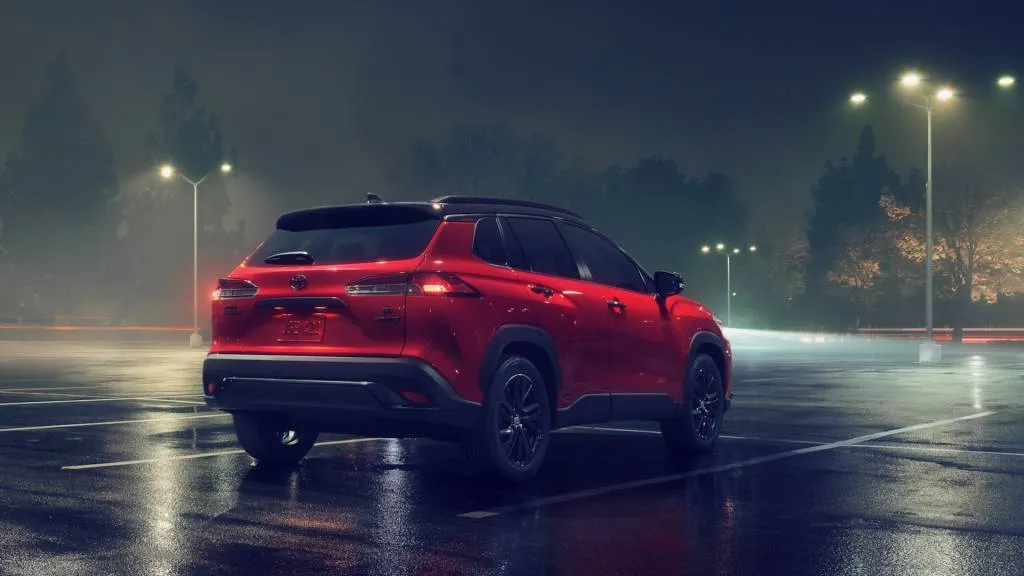
2024 Toyota Corolla Cross Hybrid
Mercedes-Benz will soon start delivering a select number of U.S. EQS electric hatchbacks with Drive Pilot, the company’s assistance system that lets drivers take their eyes off the road and hands off the wheel, albeit in a very limited set of scenarios including mapped divided highways, in daylight, at a speed of under 40 mph. Only enabled in California and Nevada, it will cost $2,500 a year to use.
On Monday, Nissan made a big statement. It revealed a fully electric sporty hot-hatch concept that previews an upcoming all-electric Micra hatchback, designed in and inspired by London. Despite U.K. Prime Minister Rishi Sunak’s move to push a ban of non-plug-in vehicles to 2035, from the current 2030, Nissan’s CEO said there’s “no going back now” on EVs, accelerating plans to make EVs 100% of Nissan sales in Europe by 2030—U.K. included.
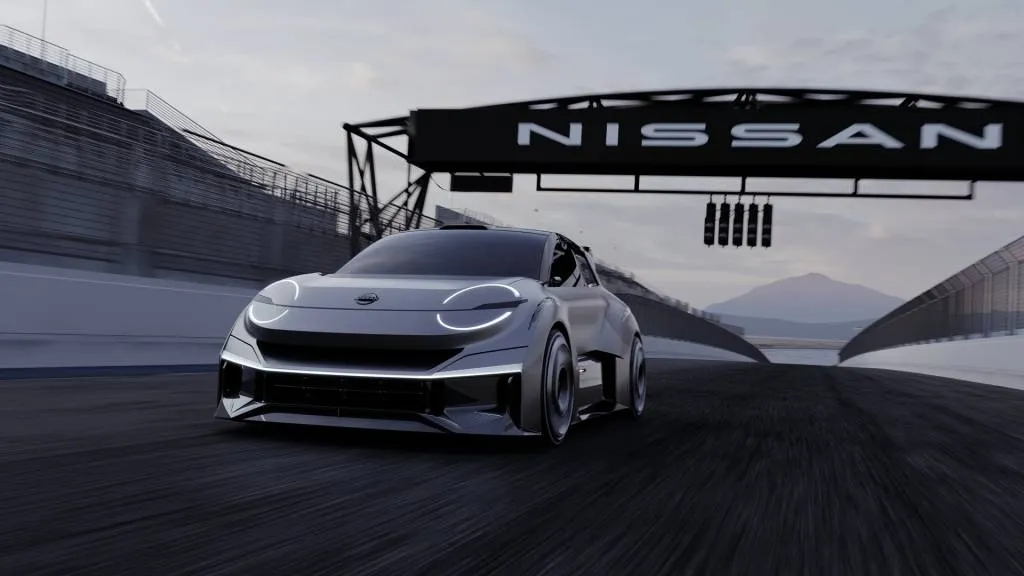
Nissan Concept 20-23
Prior to the announcement that the U.K. would seek to delay policy shifting exclusively to plug-in vehicles to 2035 rather than 2030, the Shell-owned charging network Ubitricity announced the installation of 1,050 streetside public EV chargers. These 5-kw Level 2 sockets will all be part of the firm’s lamppost charging project.
A Honda electric sports car is due to bow at the Tokyo auto show, now called the Japan Mobility Show, later in October. It also plans to show a compact car made of acrylic resin that can be easily reused, as well as an electric motorcycle with swappable batteries.
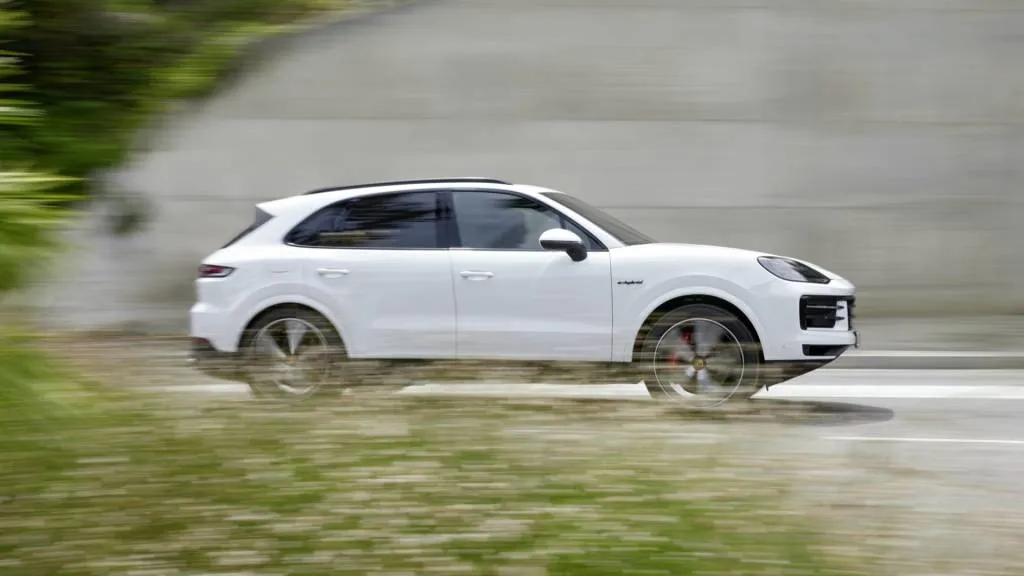
2024 Porsche Cayenne S E-Hybrid
There are now three plug-in hybrid Porsche Cayenne SUVs (or Coupes), all with a larger 25.9-kwh battery pack that should deliver plug-in electric range approaching 30 miles. The 2024 Porsche Cayenne S E-Hybrid lands in the middle of that lineup, allowing quicker performance without the thirsty V-8.
One of the head-scratchers of the week came on Monday, when Ford officially pressed pause on the construction of its LFP EV battery plant in Michigan, which just earlier this year it pointed to as a key step toward EV profitability and affordability. While Ford hasn’t made entirely clear why it’s doing so now, it’s hard to imagine this isn’t connected to President Biden’s visit to a UAW rally this morning.
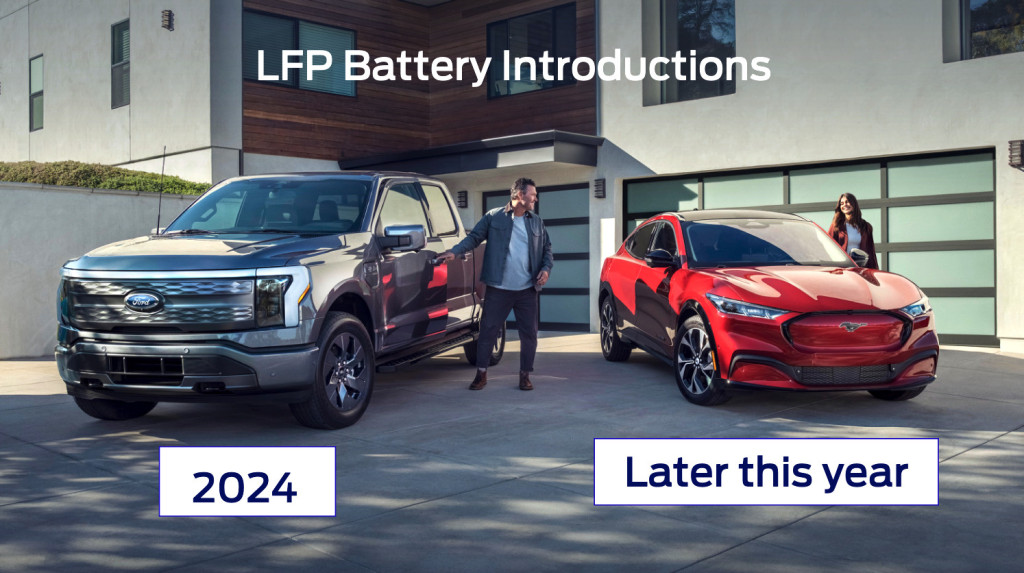
Ford LFP product introductions
While the future hangs unknown for Ford battery-making, the Swedish battery supplier Northvolt announced Thursday that it chose Canada for a $5.2 billion EV battery plant—its first outside Europe. The location in Quebec was allegedly chosen for its raw materials, renewable energy, and for the stipulations of the Biden administration’s Inflation Reduction Act (IRA).
A strategic collaboration with the battery firm StoreDot could enable Volvo to deliver not just EVs that charge much quicker, but to downsize EV battery packs and its vehicles’ carbon footprint. StoreDot says that it will be delivering the first samples for testing by the Swedish automaker next year.
A growing portion of shoppers are concerned about the carbon footprint of EVs, beyond simply that they have no tailpipe emissions, according to a survey from Ipsos—with battery production seemingly at the core of those concerns. The results emphasize that automakers need to focus on education as well as creating a sustainable EV supply chain.
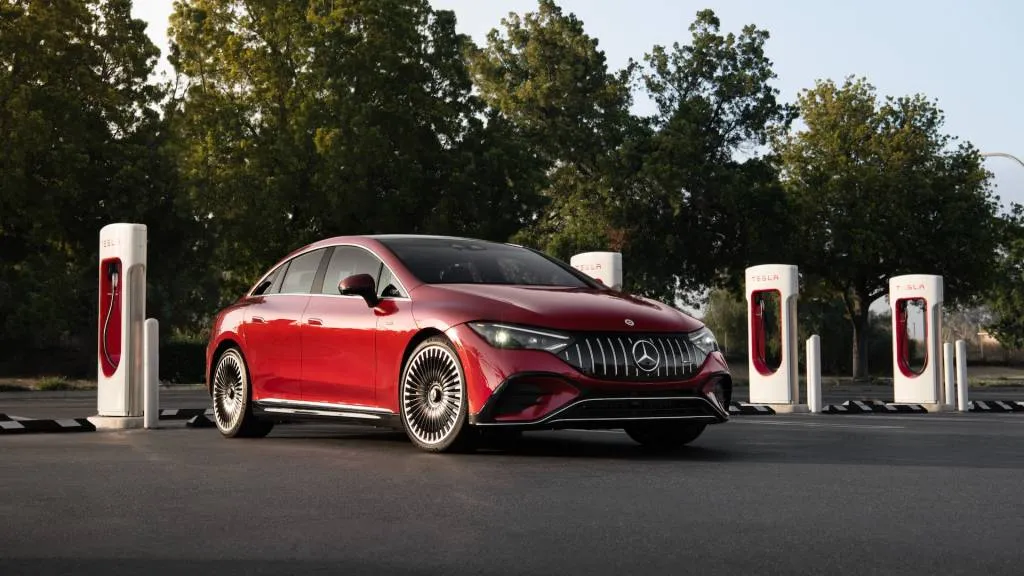
Mercedes-Benz AMG EQE sedan at Tesla Supercharger station
And which upcoming EV brands are switching to the Tesla NACS charge port? City Dwellers rounded them all up—and noted that there remain some holdouts, as well as some puzzling early commitments. But perhaps it will all make sense with the rollout of the Cybertruck and the yet-unnamed charging network from seven automakers.
_______________________________________
Follow City Dwellers on Facebook and Twitter